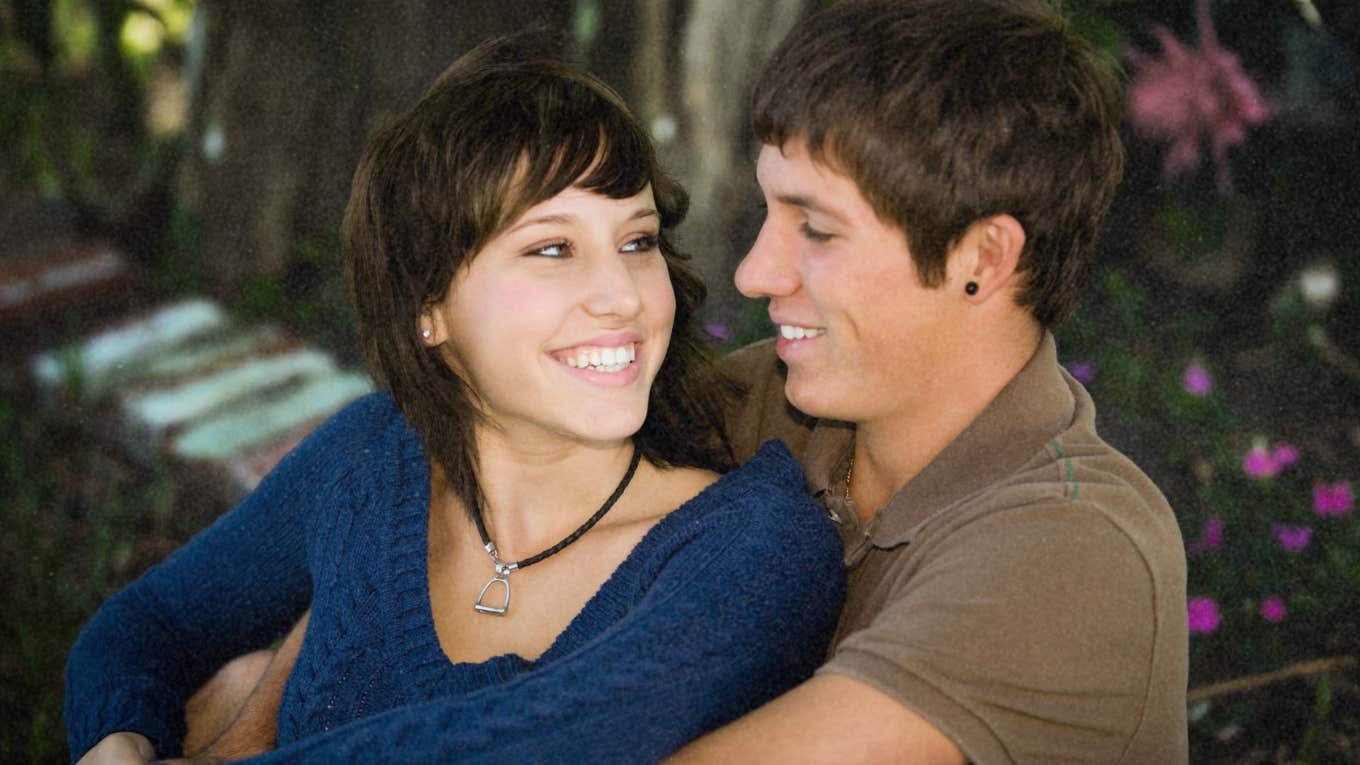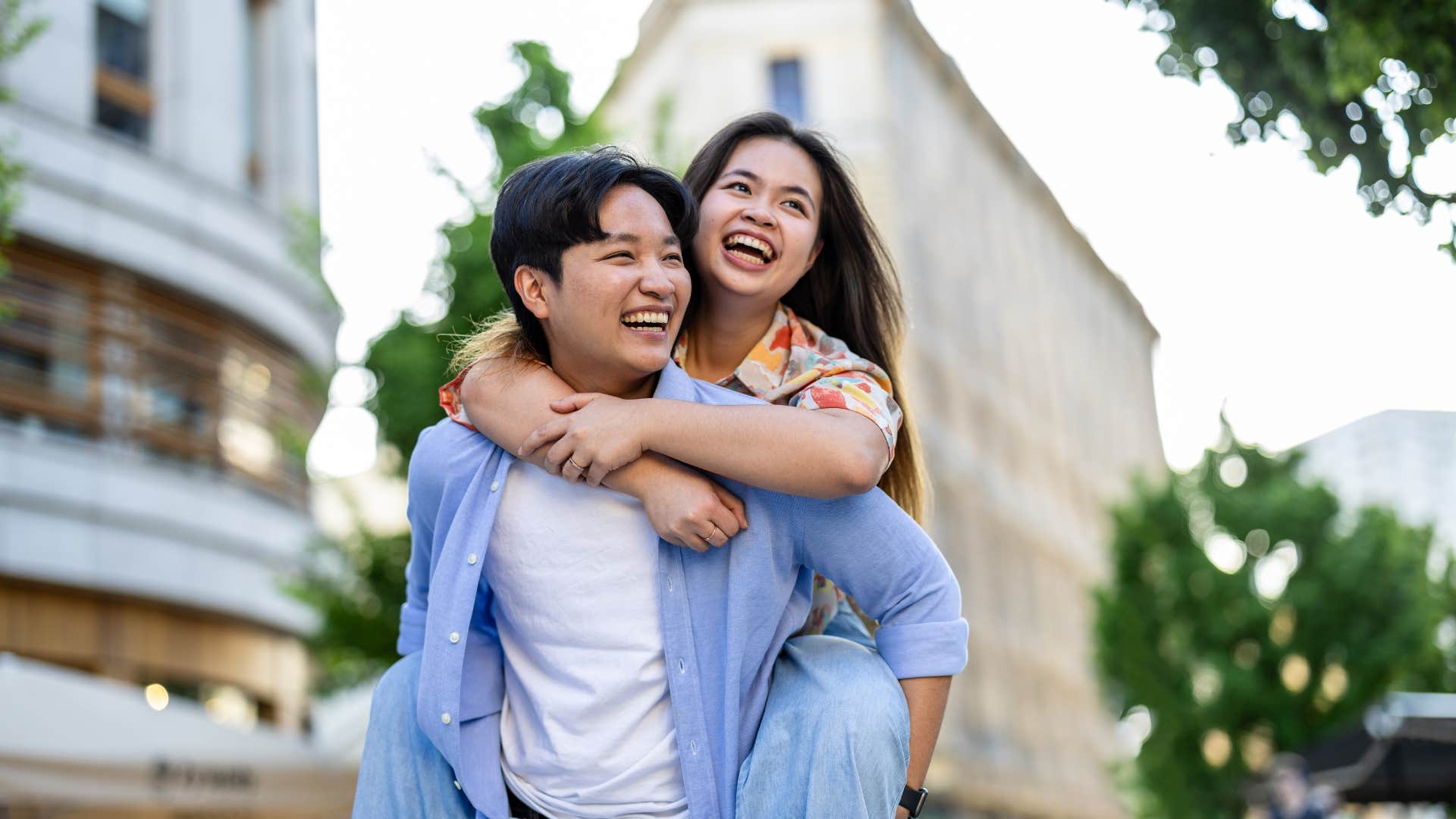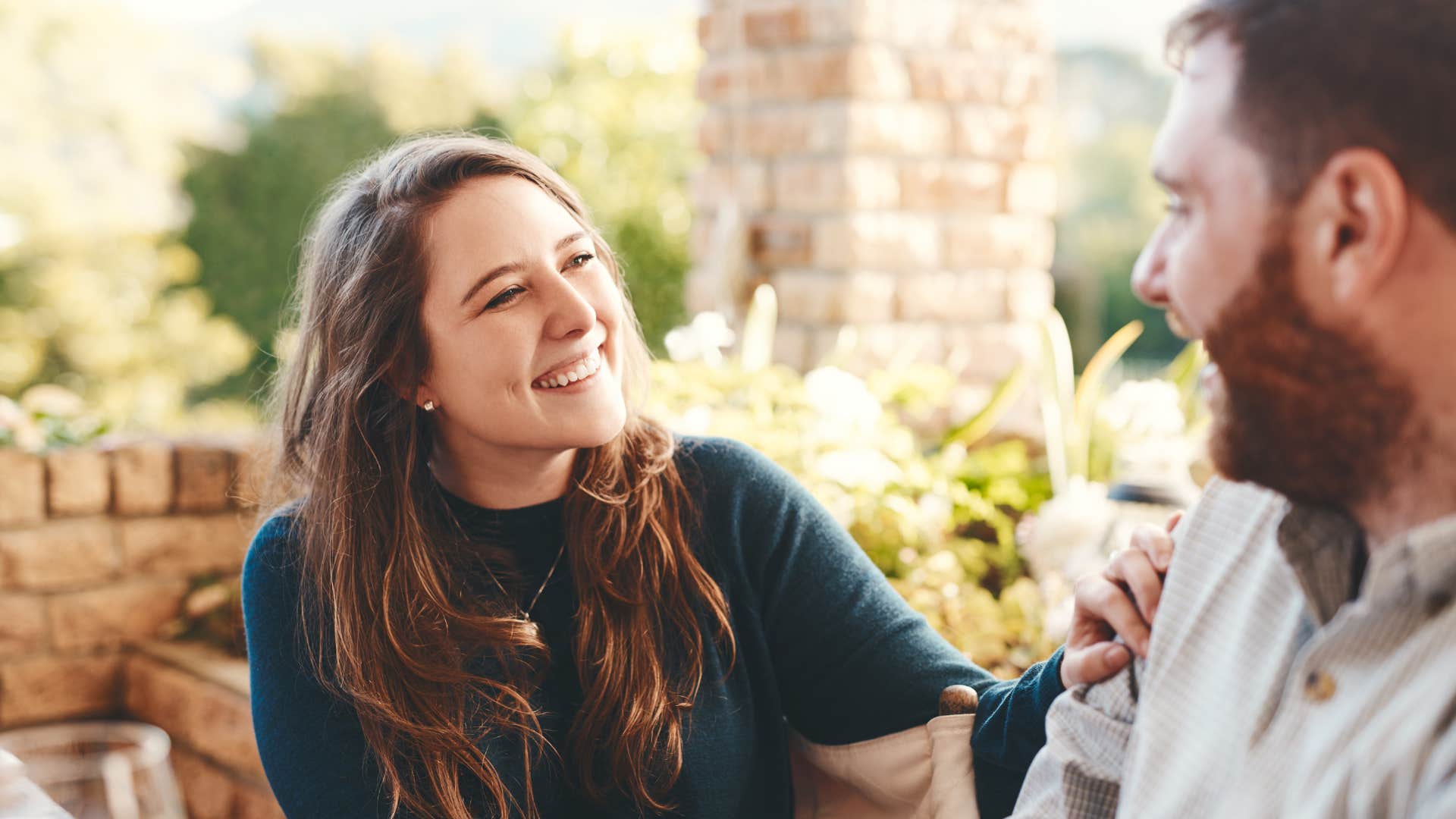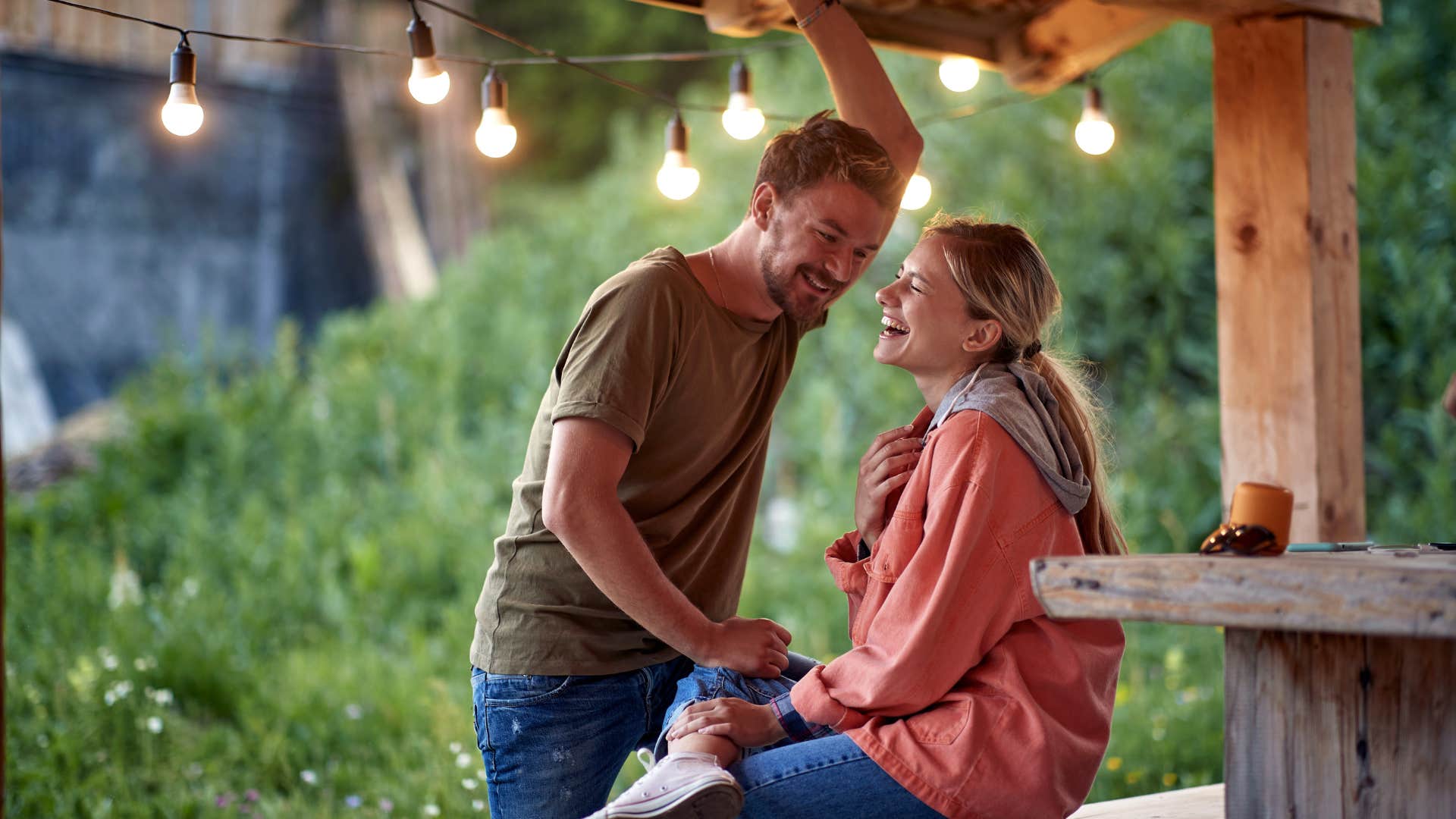7 Lasting Effects Your First Love Had On The Way You Love Now, According To Psychology
How your first love guides you later in life.
 jtyler | Canva
jtyler | Canva We all remember the firsts in our lives. Our first day of school, our first day in college, and our first day at work — but out of all the firsts, what sticks in our heads is our first love. But why is first love such a big deal after all?
According to Art Aron, a psychology professor at the State University of New York, “Our first experience of something is going to be well remembered, more than later experiences. Presumably, there’d be more arousal and excitement, especially if it’s somewhat scary.
And falling in love is somewhat scary — you’re afraid you’ll be rejected, you’re afraid you won’t live up to their expectations, and afraid they won’t live up to yours. Anxiety is a big part of falling in love, especially the first time.” The first love experience is also magnified in our brain because our brain and bodies are flushed with all the chemicals and love hormones for the first time, and the novelty of the experience sticks in our heads.
"I think from a biochemical point of view, you are experiencing certain hormones you haven’t felt before. It's like going through puberty; it's physical, it's emotional, it's intellectual. It can even be spiritual for some people," explains dating expert and psychologist Melanie Schilling.
Our first love relationship is also “formative” because it becomes a blueprint for how we define love. It becomes a sort of template against which all our successive relationships are measured.
Here are the lasting effects your first love had on the way you love now, according to psychology:
1. It shows us what it feels like to deeply connect with someone
 pikselstock / shutterstock
pikselstock / shutterstock
Our first love experience shows us what it feels like to deeply connect with someone and what emotional support and intimacy feel like. Regardless of how the relationship ends, it gives us a chance to experience the entire spectrum of all the beautiful emotions that love entails.
First love often involves a deep sense of emotional vulnerability and connection, where individuals learn to express their feelings and receive emotional support. This can be a crucial step in developing emotional intelligence and understanding how to form meaningful relationships.
2. We learn how to put others before ourselves
 ORION PRODUCTION / shutterstock
ORION PRODUCTION / shutterstock
Our first love teaches us to look beyond ourselves and extend ourselves to another. It teaches us what it feels like to love someone unconditionally.
It teaches us how to put our egos aside and grow together. These are invaluable lessons that help us in any successive relationships that we form in life.
While not a widely accepted scientific theory, the 'first love theory' suggests that the first love experience can significantly shape how individuals approach future relationships. This theory, trending on social media, suggests that individuals may unconsciously compare future partners to their first love and that the intensity of first love can make it difficult to move on.
3. We learn how to communicate and work out our problems
 Perfect Wave / shutterstock
Perfect Wave / shutterstock
Our first love is the learning ground where we navigate how to communicate and work out our problems. We get to learn what works and what doesn’t through trial and error.
It teaches us how to create a safe and loving space for healthy communication. If a first love is characterized by healthy communication and conflict resolution, this can be internalized as a positive model for future partnerships.
4. We realize what we want in a relationship and what our deal breakers are
 Mladen Mitrinovic / shutterstock
Mladen Mitrinovic / shutterstock
Our first relationship helps us to explore ourselves and increases our self-awareness. It helps us to discover our likings and preferences.
It makes us realize what we want and value in a relationship and what our absolute deal breakers are. All these learning help us to choose our partners wisely next time.
The initial experience, whether positive or negative, acts as a blueprint, influencing how individuals approach romantic relationships later in life. One study suggested that first-love experiences can teach individuals to be more flexible and adaptable in relationships, even if challenging.
5. It inspires us to be better people
 Yuri A / shutterstock
Yuri A / shutterstock
First love has intensity and childlike innocence. The sheer magic of first love and companionship makes us want to believe in the goodness of the world.
We want to become better people and give back that love manyfold. First love is often seen as a pivotal experience that can lead to a more mature and nuanced perspective on love, intimacy, and even self-perception.
6. We understand the difference between infatuation and mature love
 Q88 / shutterstock
Q88 / shutterstock
Our first love experience teaches us to differentiate between infatuation and mature love. We realize that love doesn’t mean spending every waking minute together or being co-dependent. It teaches us that the butterflies in the stomach fade away and real love requires work.
We learn to embrace honesty, vulnerability, acceptance, companionship, and working as a team. We learn that mature love is when two people come together and support each other to become their highest possible version without losing their individuality in the process.
Infatuation can fade quickly as the initial rush subsides, leaving a less intense and more stable bond if the relationship progresses. Research by The Gottman Institute explained that mature love involves a deeper understanding and acceptance of a partner's strengths and weaknesses.
7. We realize we can survive heartache and love again
 Lucky Business / shutterstock
Lucky Business / shutterstock
There is no denying the fact that the heartbreak after our first love relationship is excruciatingly painful. But we learn to survive the heartache and move on. It teaches us that if we can open up our hearts to love once, we can do it again and wisely next time around.
Shweta Avani is an HR consultant by profession, a slam poet, a freelance writer, and a mindfulness coach.

